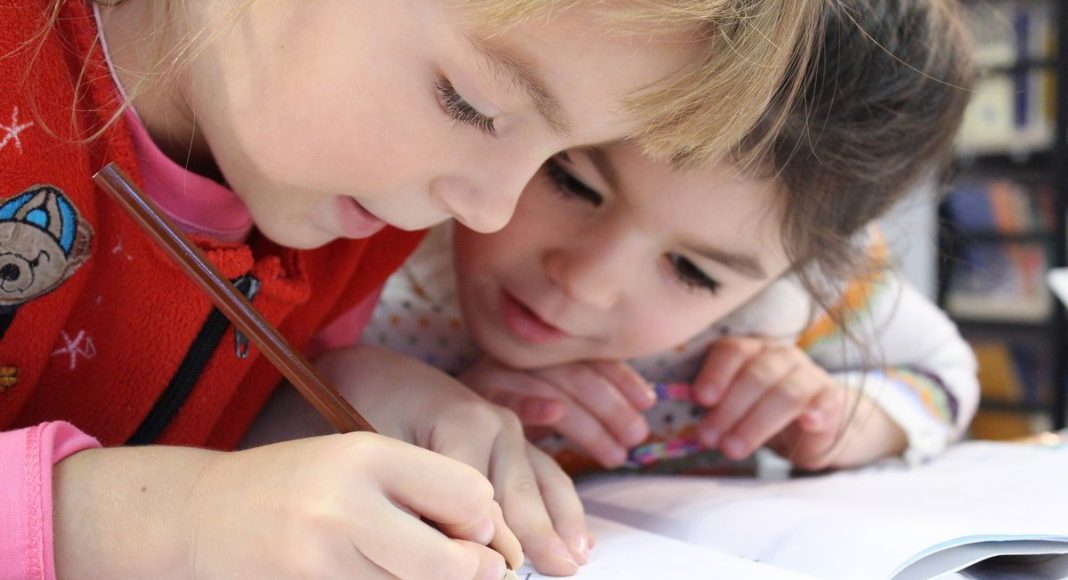School is an integral part of our lives, shaping our behaviors, our friendships, and how we spend the majority of our time.
When you’re young, school is the one place other than your home that dictates how your world works. Even though you go there to learn your educational basics, there’s a bunch of relevant information that is swept under the rug, like how to fill out tax returns and not ruin your credit before you’re 25.
Although it’s never too late to learn new skills, Life Hacker compiled a list of some of the most useful ones that we should’ve learned at an earlier age. Knowing these five skills would have made your adult life a hundred times less overwhelming.
Coding
https://giphy.com/gifs/14kdiJUblbWBXy
RELATED: 5 Essentials Skills You Can Learn On Your Own
While all Millennials wish they knew how to code, there’s some leeway in this case since the social media revolution hadn’t hit yet in the 90s and early aughts. Take note, schools: kids and teens should learn the basics of coding in order to have more job opportunities in the future. Computer programming and engineering are some of the fastest growing and better paying professions.
Time management
https://giphy.com/gifs/cbc-schittscreek-schitts-creek-fjxbR0y8fscok9UgiM
What if your school had taught you how to best spend your time? What if we all had the knowledge that is only taught to CEOs and chiefs of staff on exclusive courses? Maybe there would be less procrastinators in the world and a more productive work environment.
Study habits
https://giphy.com/gifs/snl-saturday-night-live-1980s-stuart-smalley-3o7TKnKXMdf5qNtVLi
While some schools and teachers incorporate basic study habits into their classes, there should be a bigger emphasis on this during kids’ formative years. These skills teach people how to be good at school and how to learn information more efficiently. They can help students how to comprehensively understand a topic better and, most importantly, how to remember it once they present their exams.
Money management
https://giphy.com/gifs/DanaToon-sleep-hard-danatoon-Y1kRcZHLVSYJ0IeWxK
RELATED: 5 YouTube Channels To Watch When You Have Nothing Else To Do
Debt, credit cards, loans, housing. About half of these are some of the biggest hurdles people in their 20s face. By teaching kids the basics of handling money you’ll have more productive and less stressed out adults.
Mental health
https://giphy.com/gifs/curbyourenthusiasm-season-9-episode-4-3ov9k8Zfsb5Mtj5648
Psychology and classes that focus on mental health are strictly limited to university environments, depriving kids and a large part of adults about simple information that can help them be more thoughtful and careful with their brains. Who wouldn’t want to learn from a young age how to cope with their anxiety and stress?


